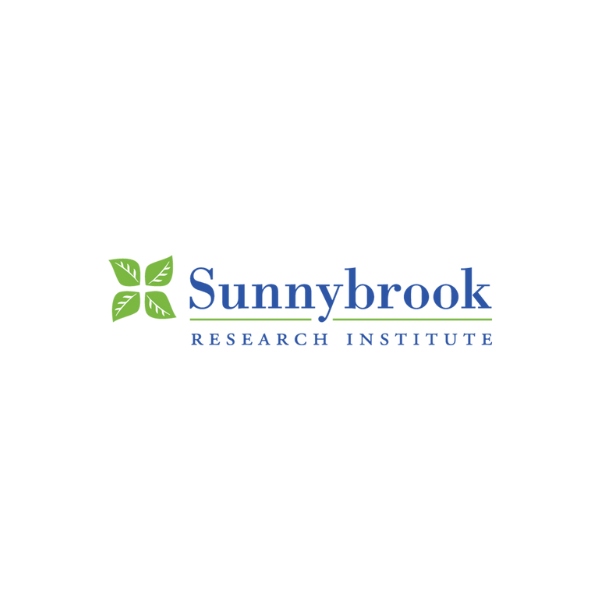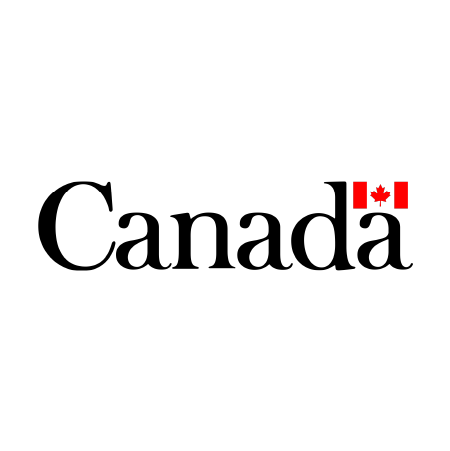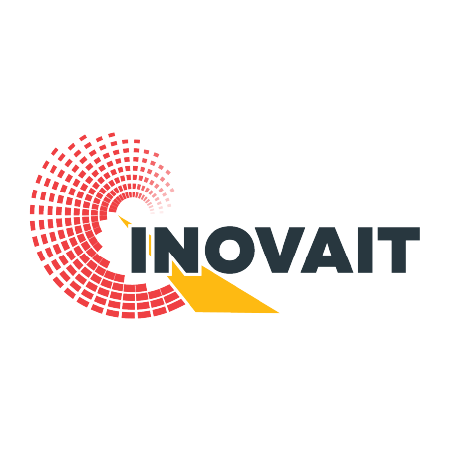Toronto, ON | Wednesday – Thursday, March 5-6, 2025
IGTxImNO
Joint Symposium 2025
Join us for the 6th Annual Symposium
The IGTxImNO Joint Symposium is a two-day scientific conference that brings together scholars from the clinical and research communities who are interested in emerging diagnostic and therapeutic health technologies. The conference is a great opportunity to learn about current research and latest advances within the field of biomedical and diagnostic imaging, artificial intelligence, machine learning and image-guided therapeutics.
With world-class speakers, the symposium provides an exceptional value for students, academics, and industry researchers interested in or working with emerging diagnostic and therapeutic health technologies. This conference offers plenty of opportunities to network and identify other like-minded individuals for collaborations and partnerships. The symposium serves as a showcase for new innovations and breakthrough technologies for industry partners. Discover the latest advances in the field of image-guided therapy including computer-aided diagnostic interventions, treatment planning and clinical decision support systems, therapeutics, simulation and image-guided surgery, robotics, and surgical navigation.
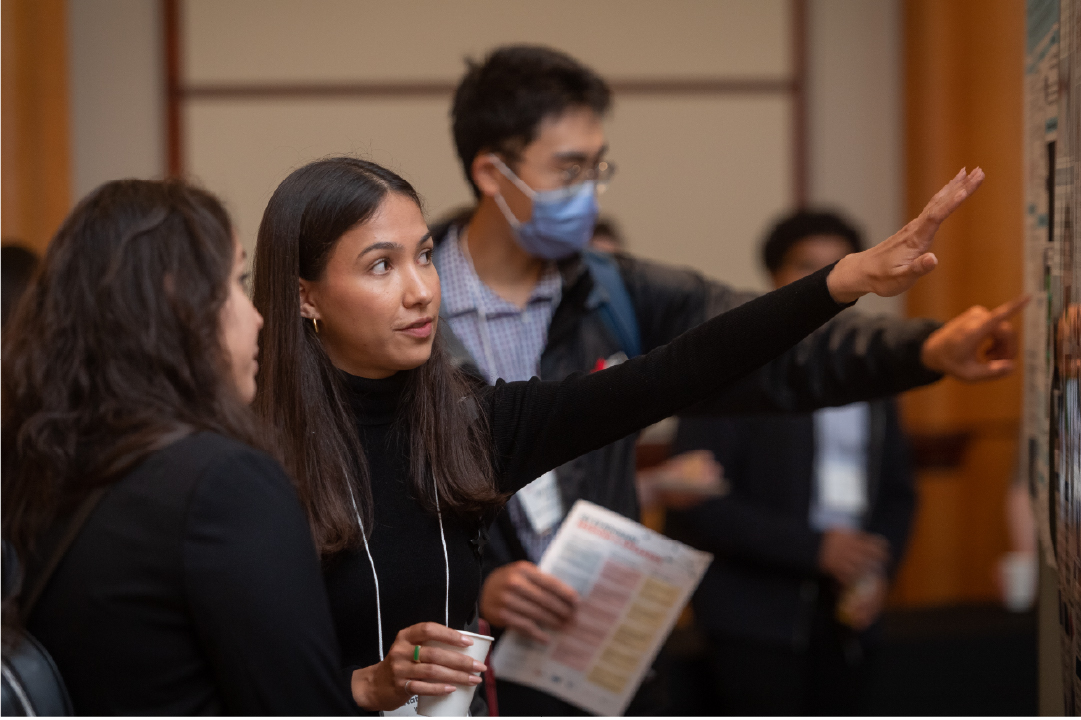
Symposium Objectives
- Create an interactive forum to hear talks about new innovations in image-guided diagnosis and therapy
- Talks will encompass all areas of healthcare where image guidance is in use from cancer treatment, interventional radiology, joint replacement, minimally invasive surgeries, and cardiovascular care.
- Academic speakers will be invited to discuss new discoveries in their area.
- Industry speakers will be invited to talk about technology commercialization, new developments, and products.
- Discussion about the need for collaboration, seeking expertise, and suggestions for future events will be encouraged
When:
Wednesday-Thursday, March 5-6, 2025
8:00am – 6:00pm
Where:
Westin Harbour Castle
1 Harbour Square,
Toronto, ON
Call for Abstracts
The IGT x ImNO Joint Symposium Organizing Committee is inviting authors to submit abstracts for invited oral, pitch, and poster presentations. We encourage abstract submissions related to biomedical imaging development or the application in research areas such as the following:
- cancer (including breast, prostate),
- cardiac, lung, and musculoskeletal imaging
- nuclear imaging
- deep learning/machine learning methodology
- device, systems, and robotic development
- imaging processing, visualization & quantitative biomarkers
- image-guided therapeutics
- image-guided intervention and surgery
- image-guided radiation therapy
- image-guided drug delivery and precision medicine
- perinatal and paediatric imaging and therapy
- MR imaging (including hyperpolarized) & neuroimaging
- optical imaging & ultrasound imaging
- E-health, data, and workflow management
- emerging & interdisciplinary technologies
Abstract Instructions
- All abstracts must be submitted electronically to the Conference Management Toolkit (CMT) paper submission platform no later than Friday, November 29, 2024 at 11:59 pm PT.
- The abstract should provide a concise and compelling summary of your research. The four Cs of abstract writing include completeness, conciseness, clarity and cohesiveness.
- Introduction/Background (This should include the topic area, context, clinical need, disease target, description of research, novelty of research/innovation)
- Objectives/Methods (Discuss the problem statement, hypothesis, the gap as well as the major points of your work – the design and approach)
- Results (include significant findings of your project showing implications on how this research adds to the body of science)
- Conclusions (include implications of your findings with evidence and data to support your conclusions)
- Technology Transfer or Significance (Novelty, relevance, strategy, collaboration, market, IP, regulatory, etc.) * if relevant
- Keep all elements of your abstract (pictures, tables, graphics, drawings, photos) simple. Abstract should not require extensive explanations and should include references.
Mandatory formatting instructions
- PDF, one (1) letter-size (8.5in x 11in) page maximum, 10 MB maximum
- Times New Roman 11-point font
- All margins must be at least 2 cm
- May be submitted in English or French
- Names and affiliations of ALL authors
- All abstracts must be searchable
- Any figures and/or images must be embedded on the page
- All abstracts must include a title section with title, list of all authors, and institutional affiliations of all authors. Please underline the presenting author if the presenting author is not the first author.
- Abstracts must follow the format: Introduction, Methods, Results, Conclusions.
- Any figures and/or images must be embedded on the page.
- By submitting an abstract, the authors agree to allow publication of the content on the symposium website and in publications and communication materials.
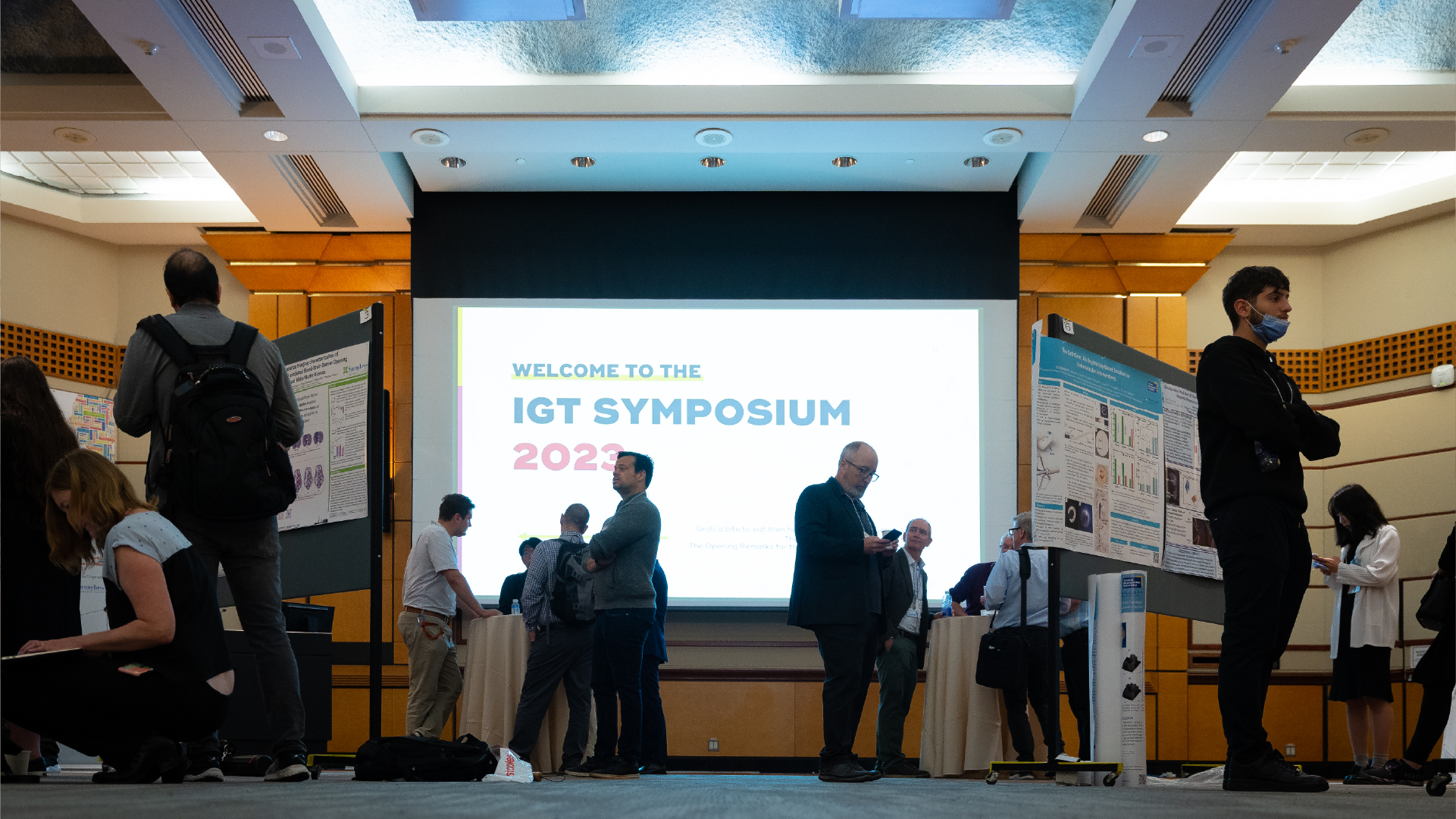
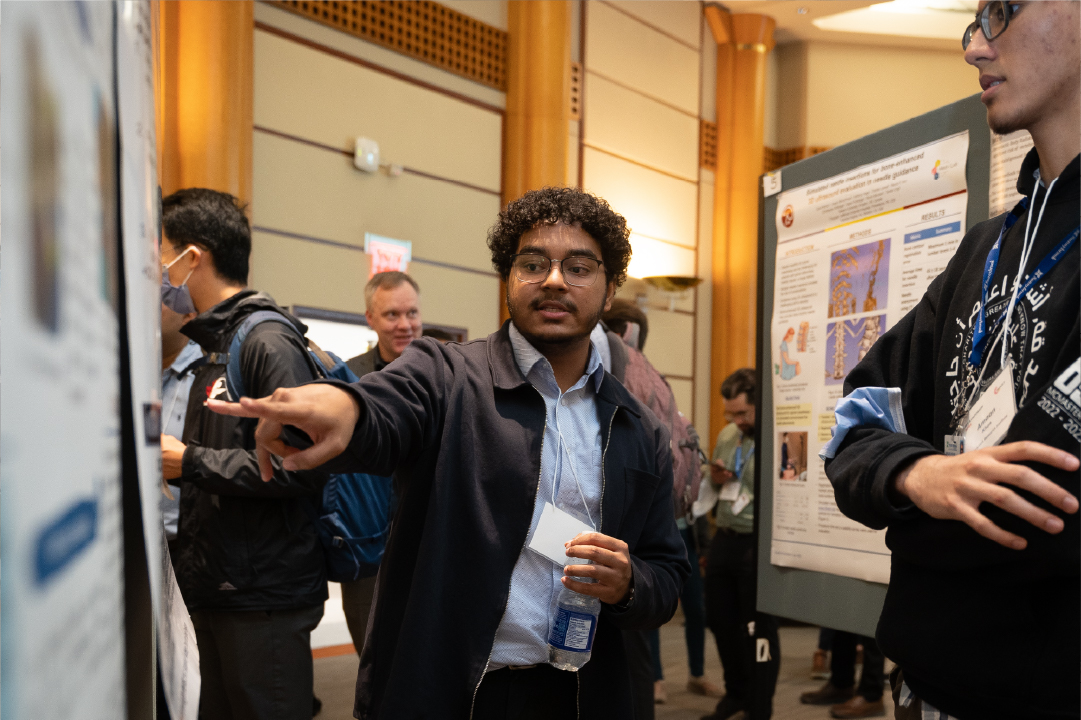
Submission deadline: Friday, November 29, 2024 @ 11:59pm PT
Authors Notified: Saturday, January 20, 2025
Please contact Kitty Wong (kitty.wong [at] imno.ca) for any submission-related questions.
Our Sponsors and Partners
